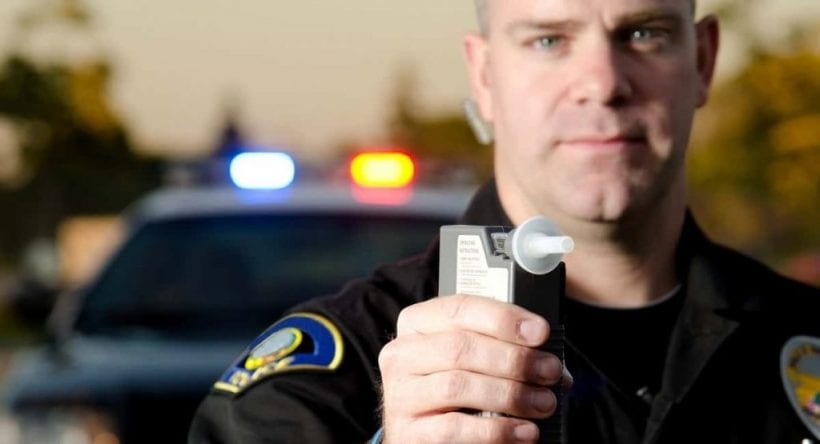Most people may not take driving under the influence (DUI) as a serious offense, especially if none of the motorists and pedestrians involved are injured. While alcohol-fueled driving isn’t a major felony, it’s still considered a crime in most states.
The dangers of driving under the influence of alcohol or prohibited drugs are serious and can’t be swept under the rug. Statistics from the Centers for Disease Control and Prevention (CDC), for instance, revealed that in 2016, about 10,497 individuals died due to collisions involving alcohol-intoxicated drivers. This figure accounted for 28% of all traffic-related deaths in the US.
What you may not realize is that a DUI conviction not only taints your reputation but it can also put your life on hold. People who find themselves tangled in these accidents are up for more than just a legal nightmare. As a serious and pervasive issue, let’s take some time to know the basics about DUI and its potentially life-disrupting consequences.
What Is DUI?
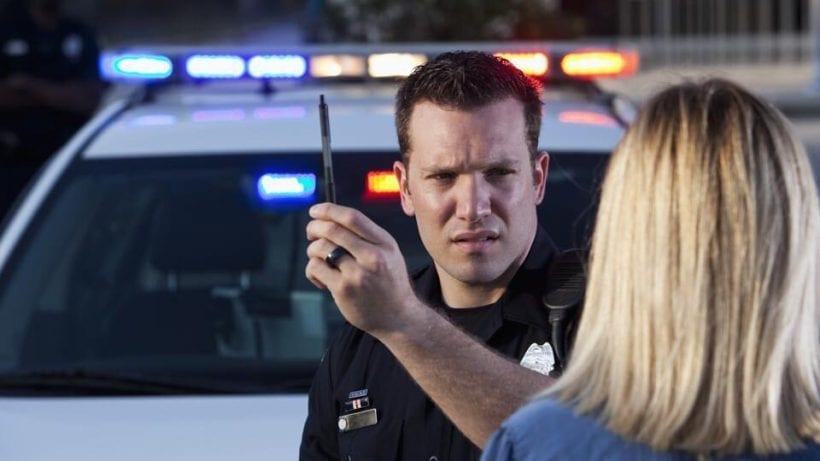
Driving under the influence (DUI), or drunk driving, as it’s more commonly known, refers to the operation of a motor vehicle of a person whose blood alcohol content is above the legally accepted limits. Depending on the state where you’re at, blood alcohol content (BAC) is set from .08% to .10%.
How Is A DUI Determined?
Authorities, typically police officers, may stop a vehicle that they feel is being operated by an intoxicated driver. Alcohol intoxication may be determined using field sobriety tests. Definitive tests for intoxicated driving include the use of a breathalyzer, blood test, and urine analysis. Hence, if the driver accused of DUI passes sobriety tests but fails the BAC test, the police officer will arrest the motorist immediately.
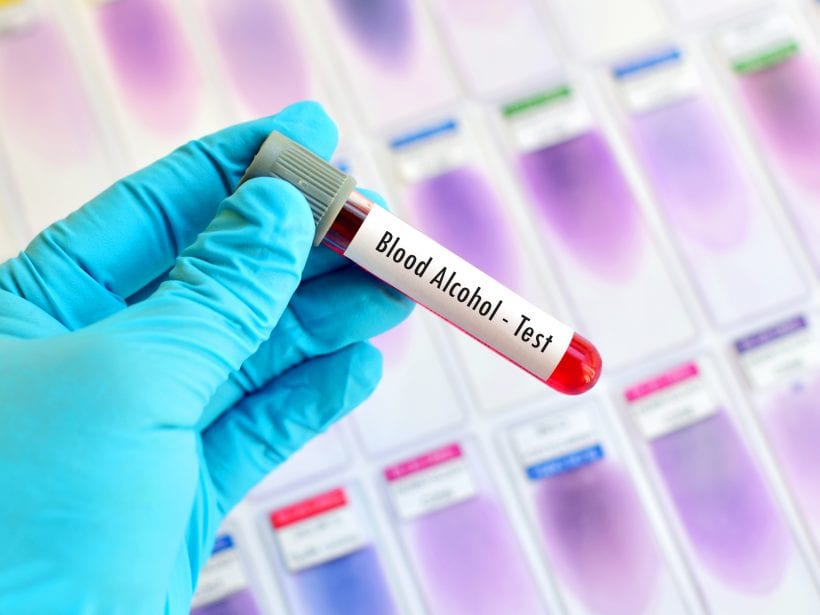
When results come out indicating that a driver has 0.08% BAC or higher, the court will almost always agree that the motorist in question is guilty. One way in which an attorney from danielfloreslaw.com can help is to question the manner in which the BAC was measured.
DUI and DWI: Is there a difference?
Driving under the influence (DUI) and driving while intoxicated, or driving while impaired (DWI), may have the same or different meanings, depending on which state you were apprehended.
Some state laws refer to the misdemeanor as DUI while others call it a DWI. In some states, DUI can mean operating a motor vehicle while drunk with alcohol, while DWI may refer to an impairment caused by taking substances other than alcohol, typically drugs. Additionally, in some localities, DWI is the term used to describe driving with BAC over the legally permitted levels.
Be that as it may, these two terms mean the same for the driver in question–being charged for an offense that endangered themselves, as well as other innocent people. DWI and DUI don’t only cover alcohol intoxication, but it also applies to drivers who took drugs, whether prohibited, prescribed, or over the counter, causing an impairment on an individual’s ability to drive.
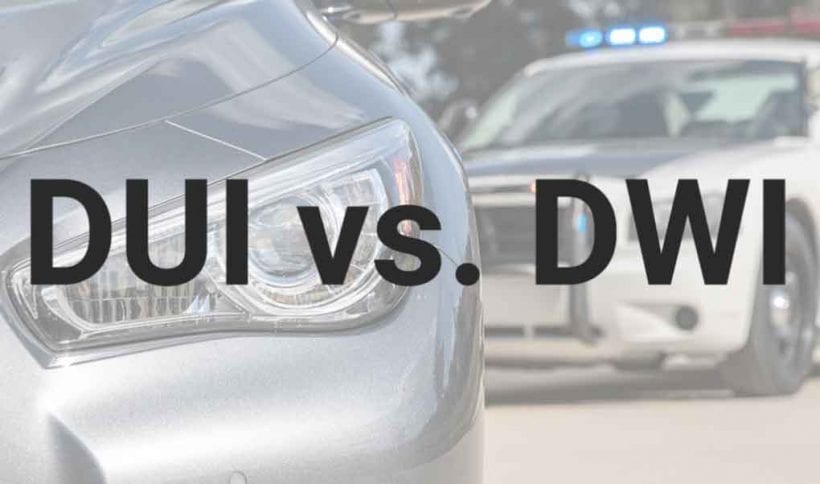
If you’re arrested for DUI or DWI for the first time, here are the things that may happen:
1. You’ll Be Arrested and Booked
Once a police officer has determined that you’re liable for driving under the influence of either alcohol or other substances, you’ll be brought to the police station. Before being place in a cell, your information and photos, as well as fingerprints, will be taken.
However, if someone pays for your bail, you can skip jail time for later. Other states may not be too lax, and you won’t be allowed to go home until you’re sober.
2. You’ll Be Asked to Appear in Court
Car accidents that involve damages, whether minor or major injuries and property destructions, almost always go to court. But even in incidents where no one was hurt, a driver will be issued a ticket or summons at the time of the arrest, reflecting the date for your hearing.
If you decide to plead not guilty to the DUI charge during your arraignment, you’ll be asked to pay the bond. After payment, you’ll be released. Prepare to seek the assistance of a seasoned lawyer for legal advice and representation.
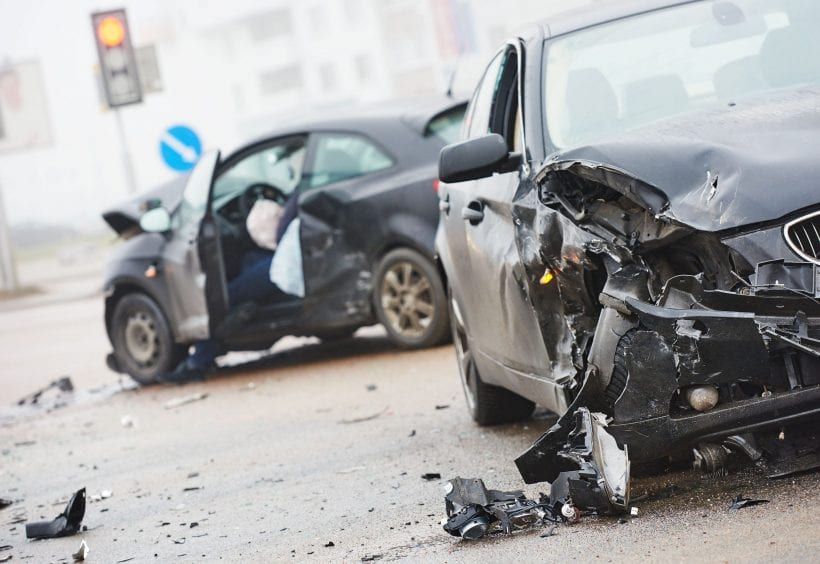
3. You’ll Pay Hefty Fines
Going through the process of clearing yourself of a DUI or DWI charge isn’t cheap. Your checklist doesn’t only involve paying the bond to avoid jail time or your attorney’s fees, you’re also expected to pay another bond to get your car back, and to shell out some cash for the towing charges. The total cost can run from a few hundred to a few thousand dollars, all in all. And, your legal battle is just starting.
Fines will be higher if your misdemeanor endangered the lives of other people, injured another person, or damaged some property. In addition, an offender is expected to pay court associated costs, which vary from one state to another. Overall, you’re expected to shell out an average of USD$1,800, depending on state laws.
4. Your License Will be Suspended
If you refuse to take a field sobriety, blood or breathalyzer test, your driving license will be revoked immediately even before your court schedule or arraignment. An offender will receive a temporary driver’s license in lieu of the actual license, and it’s usable until the trial schedule.
Even if you’ve undergone all the tests or even if it’s your first brush with the law, expect to lose your driving privileges for a certain amount of time. State impositions on license suspension vary but typically last anywhere from three to 12 months.
5. You’ll Be Evaluated
In this alcohol or drug education program, a trained counselor will also be in attendance to determine and assess a participant’s drug and alcohol use problems. As part of a counselor’s duties, you’ll be asked to discuss how alcohol or drug consumption has affected your life and the steps you’re doing to keep it under control.
In the event that the professional confirms that a driver has issues with these dangerous substances, a court-approved treatment program will be recommended.
Final Thoughts
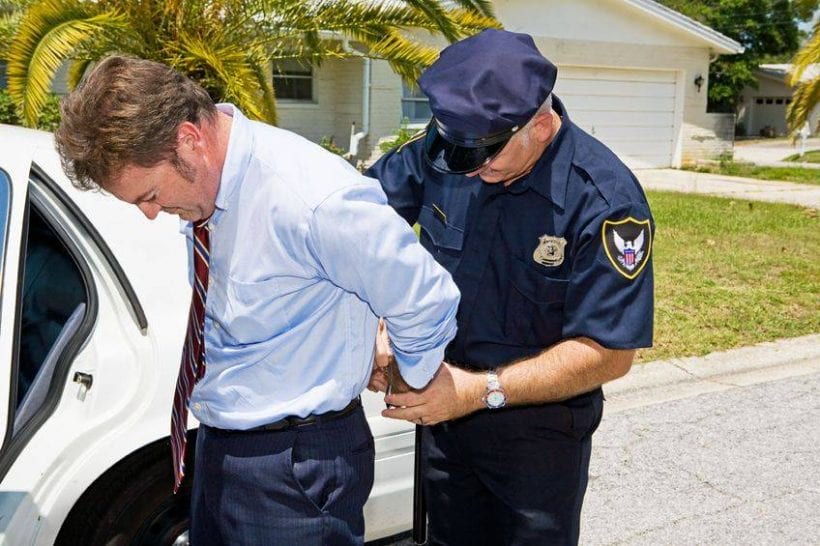
Getting arrested for DUI comes with grave financial and legal repercussions. However, more than getting worried about the legal fees and their life-disrupting implications, a DUI conviction should serve as a wake-up call. If you continue to commit these offenses, despite being fully aware of their serious consequences, it may be time to seek professional help.

